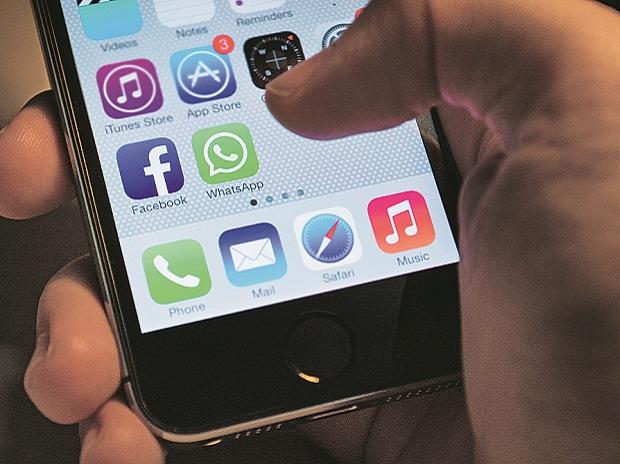
Unsolicited calls and messages have become an elephant in the room. Everyone — the government, the regulator and the corporate world — knows about it. But hardly anyone — barring those at the receiving end – seems to care about it.
As you step out of your bed, your phone too comes alive with rings and beeps. From real estate dealers, to clothing brands, to diagnostic centres to fast food chains, everyone is vying for your attention.
And just when you thought that WhatsApp was a private space, out of bounds to those pesky intruders, it too has blinked. More and more promotional messages are flooding WhatsApp and the trend has gained momentum in the last few months.
According to a localcircles survey, more than one in two Indians are receiving four or more spam messages each day, while 95% of those surveyed confirmed they received at least one spam message on WhatsApp.
India is one of the biggest markets for WhatsApp with over 550 million users and such a large user base offers massive opportunities for brands to tap into. According to Verloop, WhatsApp messages have a 90%-plus open rate in the first hour of message delivery, and brands have achieved upto 38% conversions.
The traces of ad intrusions can be traced back in time a few years ago when Meta-owned WhatsApp launched WhatsApp Business in India in 2018. The platform was meant to facilitate businesses with the opportunity to connect and chat with customers directly, creating a more personal point of contact.
WhatsApp business has been a game-changer for many small and medium businesses who didn’t have the wherewithal and financial resources to make their presence felt online.
According to a WhatsApp’s report, nearly 70% of small and medium businesses say they have built their business on WhatsApp and 77% of them hired additional staff after joining the platform. As of 2020, about 15 million in India use the WhatsApp business app and it is one of the top 30 most-downloaded apps in the country.
Initially, WhatsApp only allowed businesses to send transactional messages, such as shipping updates. Starting September 2021, Whatsapp allowed businesses to send promotional messages like discount vouchers, product launch updates etc., raising the risks of spam.
According to a report, brands had to go through a tedious process to get on the platform. However, the checks have become loose lately. WhatsApp’s business policy says that in order to initiate a WhatsApp message to a person, the brand or business must first receive opt-in permission confirming that they wish to receive future messages on WhatsApp.
The promotional message also included a visual element like a check box and options to opt-in or out. However, since a policy tweak in 2020, visual elements like check-boxes were no longer required and fewer businesses were seen sticking to the opt-in design.
A Ken report said that Meta is betting big on WhatsApp business and it is expected to earn Rs 1,000 crore in 2022. It has become the second largest revenue source of the parent company after advertisements.
WhatsApp charges businesses money for messages that they send. Initially, the charge was around 20 paise if a business generates a message for 24 hours and if a user sent the first message, there was no charge.
In February, the charges were revised to 48 paise for a business-generated message and the user messages to cost 29 paise for the business per session.
Before WhatsApp, the spam space was dominated by SMSes and calls. Despite numerous regulations from the telecom regulatory authority of India (TRAI), the most recent being a blockchain-led framework, the spam menace has not subsided.
The government too is now planning to rein in these pesky callers. It claims that the upcoming telecom bill will deal with such unsolicited messages. Union Minister of Railways, Communications and Electronics & Information Technology, Ashwini Vaishnaw, has said that the upcoming draft bill will have Know Your Customers (KYC) provisions. It will protect from unsolicited messages. But as the draft bill hangs fire, there seems to be no end to the unwanted messages.
With rapidly growing WhatsApp business, and aggressive monetisation plans, promotional messaging is only expected to grow. Could it backfire for brands and for the platform though? Let’s hear from Samit Sinha, a brand consultant.
Samit Sinha, Founder & Managing Partner, Alchemist Brand Consulting says, unsolicited messaging never works. As owners, responsibility lies with Meta so that users are not bombarded.
As WhatsApp business grows, it is incumbent upon the social media giant to tightly regulate promotional advertising of brands and businesses, retaining the essence of the messaging platform.
/cdn.vox-cdn.com/uploads/chorus_asset/file/22478770/acastro_210429_1777_0001.jpg)
/cdn.vox-cdn.com/uploads/chorus_asset/file/24140313/1410579662.jpg)


/cdn.vox-cdn.com/uploads/chorus_asset/file/23952254/HT012_google_00010.jpg)

